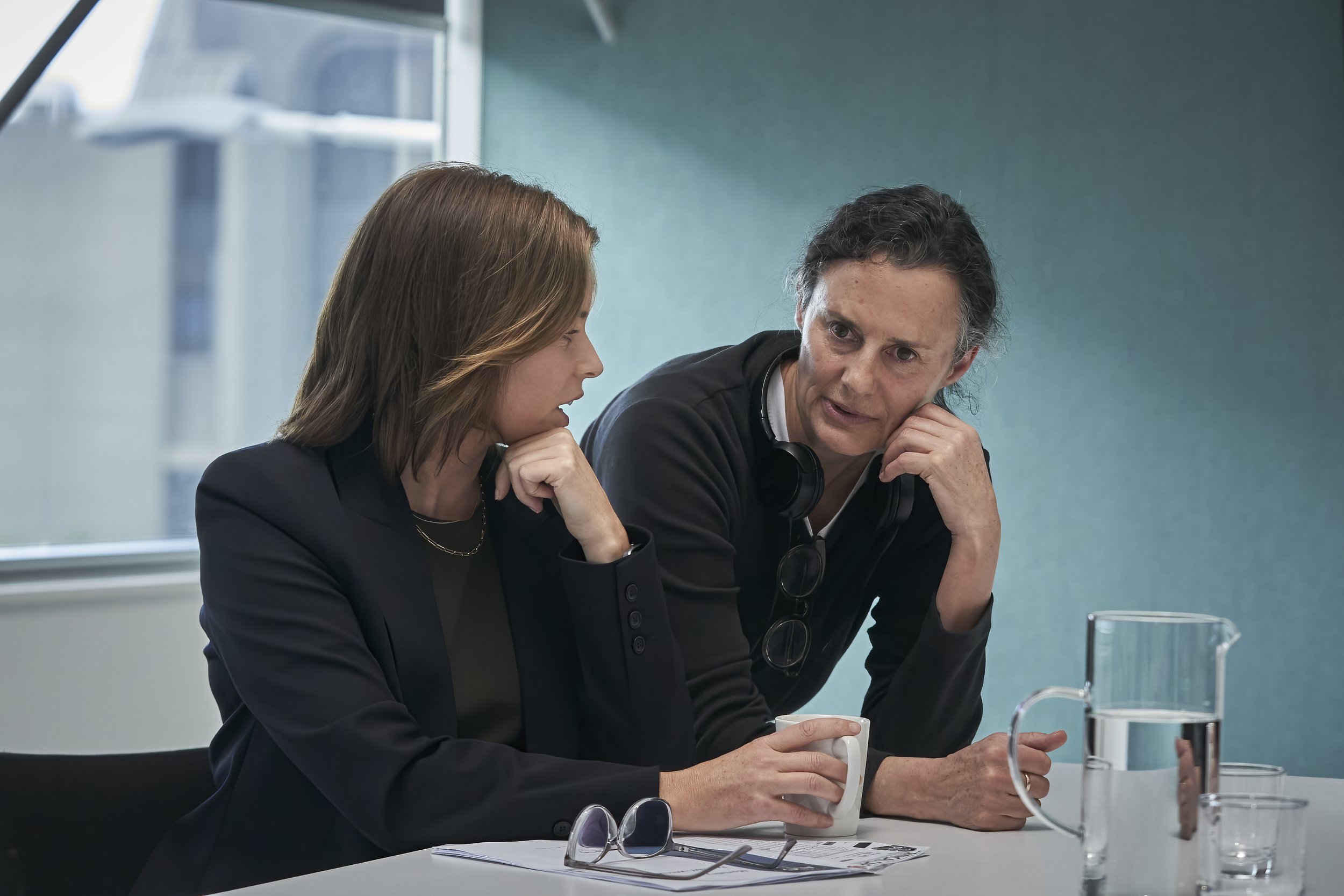Behind The Lens - A Mistake
Based on Wellington author Carl Shuker’s critically acclaimed novel, director Christine Jeffs brings A Mistake to life on the big screen. This gripping and emotive film beautifully explores the fine line between human error and accountability, leaving audiences questioning their own perceptions. Junction sat down with Christine Jeffs for an exclusive look behind the lens.
How did this project come about and what attracted you to telling this story?
As a filmmaker I’m always curious about stories that might trigger the passion to make a film. I often visit Matakana Village Books and saw Carl Shuker’s book there and bought it. The back cover said it was ‘a compelling story of human fallibility and the dangerous hunger for black and white answers in a world of exponential complication and nuance.’ The story was led by a female surgeon. Carl’s story was intense. I was hooked. My partner had also experienced medical misadventure, so it was a story that I could reflect on personally.
How closely did you adhere to the original story and what influenced your creative choices?
There are some differences between the book and the film. In my adaptation, I focused on writing some new material triggered by the themes I wanted to dive into more deeply.
I wanted to focus on the family a little more and the journey of the lead character played by Elizabeth Banks. My creative choices were driven by questions such as, ‘Why would I want to tell this?, and “In what way can I express this?’ I think the tone is true to the book in many ways.
What was the process and timeline to put a project such as this together?
Films do take a long time to get off the ground. And in fact this one was relatively quick. There’s the idea to make it, writing and developing the screenplay, gathering the team that collaborate to bring the film together. In addition, attracting the finance, the casting, the shooting, the post-production and, of course, the sales and distribution elements. There are so many people involved in the whole go to whoa process. It took at least three years to make, yet the filming was only 33 days. I have imagined and reimagined the film so many times. I am not yet bored of it.
The story requires a strong female lead, how did you approach casting for this role and how did Elizabeth Banks become involved?
My agent in Los Angeles was very excited about the script and supportive for the film to be made. We engaged casting directors as well.
It was a confluence of many factors that brought this together and all of the elements had to be delicately balanced. Elizabeth Banks responded immediately to the role and to the screenplay and this was followed with a zoom conversation together. She arrived
in New Zealand just before filming from Europe so there was no time for any dramatic rehearsal although we did do a quick choreographic rehearsal of the surgery, and that was essential. In Los Angeles, weeks prior, Elizabeth had done technical surgical rehearsal and that was very effective so she knew what was required for the role with the intense surgical sequence.
Tell us about the involvement of locals and how you utilised the local area in the film.
I wanted to bring Matakana into this as much as possible. There are so many amazing creative people here. Many generous locals helped us.
I found Georgie, our film dog, walking Omaha Beach with Rockie, her owner, who just happens to be an intensive care nurse and she helped during filming as a nurse consultant. We edited the film here up at Ray White’s premises. Over the years, I have edited three films in the Matakana area and want to do it again.
Matakana Cinemas are an amazing resource and allowed us to screen the film during our edit process. This was invaluable and much appreciated. Mike Petre and Vicky Fanning lent us some of their art collection, which you can see on the walls of our character’s house. And we found a key location at Leigh, the owners were so generous to let us stage a very important scene in their home. We also did a driving sequence on the road toward Leigh. So, lots of local involvement.
